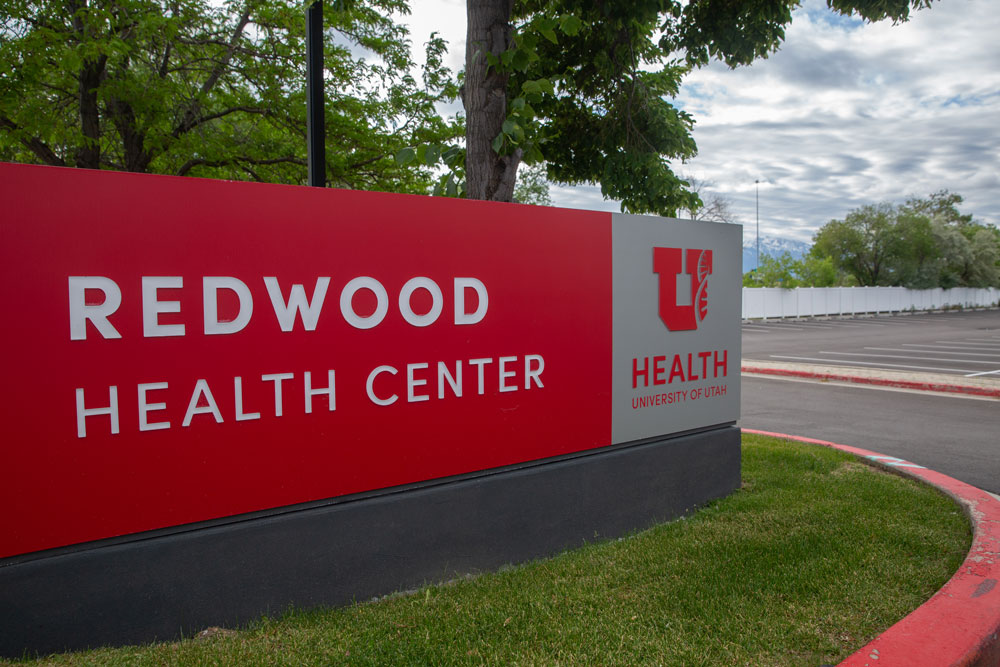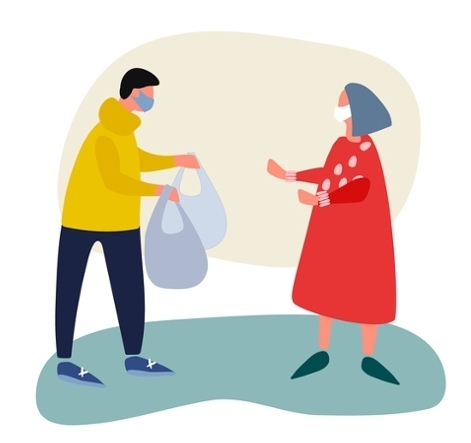Voices of U of U Health
Viewpoint of the Most Vulnerable
Within the University of Utah Health system, one of the first community clinics to erect tents for COVID-19 testing was Redwood Health Center. Redwood serves a diverse patient population that speaks a variety of languages. Their health care providers are fluent in many languages, and are familiar with common cultural preferences of patients and families. Recognizing the unique needs of Redwood’s patient population, U of U Health leadership chose to get testing started there quickly.

The decision for an early focus on Redwood reflects an understanding that segments of our community face magnified burdens during a health crisis. Employment layoffs have disproportionately hurt poor, rural, minority and immigrant workers. Access and affordability of health care, education, food security, childcare, sick leave, worker rights, and even internet access are at the forefront of many conversations. The spread of the coronavirus and discussions surrounding it have highlighted cracks in the system that accompany disparities. But through these cracks, some light has shined through.
Stories fill our social media feeds about people helping community members who are most susceptible to the effects of COVID-19. Aging and immunocompromised populations have received help in getting essentials like groceries, medications, and cleaning supplies. Neighborhood social-distancing workouts provide even just a little bit of community connection and self-care to help mitigate the negative toll that physical isolation has on our mental health. School districts K-12 throughout the state have implemented innovative programs to ensure students are still receiving breakfast, lunch, and in some areas, dinner. Handwashing stations are being placed in public places so that folks who are experiencing homelessness have access to one of the best preventive measures so many of us take for granted.

Through these generous acts of kindness and service, we are witnessing the best of humanity. What would it be like if this level of humanity didn’t stop at the end of the pandemic? Could we continue to be kind, to serve, and to look out for each other? Would those who have common advantages—the daily things a majority of Americans take for granted—think more often from the viewpoint of the most vulnerable? Our hope is that we would.
As many of us sit in the comfort of our homes, sheltered from the spread of COVID-19, let’s take time to reflect on all the blessings we enjoy, and how we might use them now and post-pandemic to provide everyone in our community with more accessibility and a platform for their voices to be amplified. It is time we commit to more equitable thinking and being, and to revitalize our systems to provide for those who stand in the most vulnerable positions of our society.
Guest bloggers from the Office of the Associate Vice President for Health Equity & inclusion.
